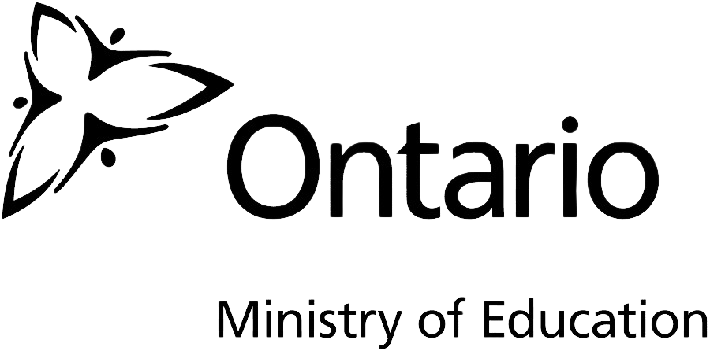
Martin Doherty is the CEO of Ethos Education & Canadian Global Academy : the exclusive authorized provider of the renowned 3rd globally ranked Ontario Ministry of Education‘s curriculum and Digital Learning Platform outside of Canada. He is also the founder the cutting edge magazine, Education Distruptor.
Through our School Partnership Program, we empower schools worldwide to attain Canadian Accreditation, providing the opportunity to establish themselves as Canadian Accredited schools. Additionally, home-based businesses can run their own Canadian Accredited Micro-School. Contact us today to learn more!
Related Posts
- Grants Galore: Unlocking Funding Opportunities for Your International School
Explore strategic approaches to enhance School Financial & Business Acumen and secure funding for your…
- Legal Eagles: 10 Must-Know Laws for International School Owners
Unlock the legal knowledge crucial for school financial & business acumen. Master laws to navigate…




